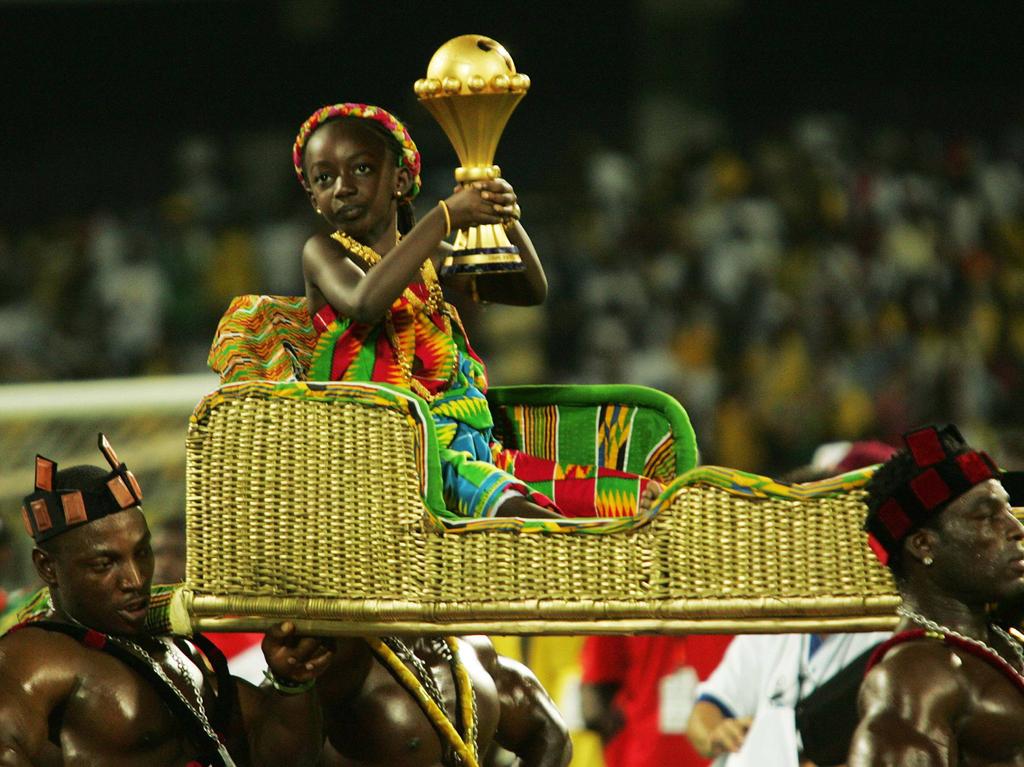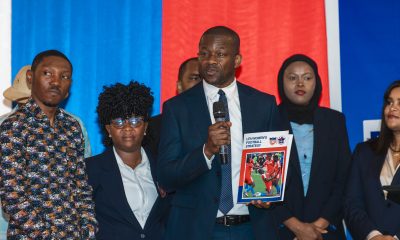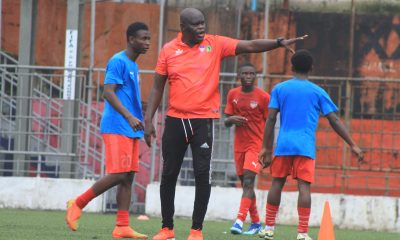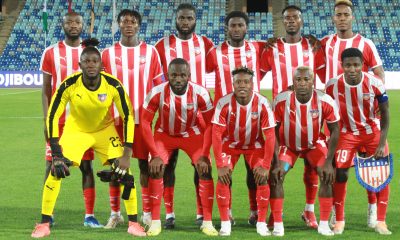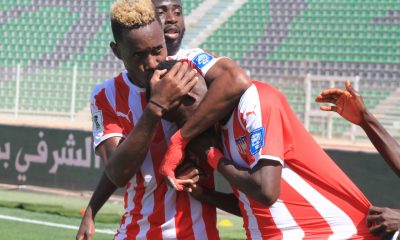This coming year, Gabon hosts the 2017 Total Africa Cup of Nations which is now celebrating its 60th anniversary. Also known by its official name, Coupe d’Afrique des Nations (CAN), and African Cup of Nations (AFCON), this event is the main international association football competition in Africa. It is held every two years. The champion of this event will qualify for the 2017 FIFA Confederations Cup in Russia.16 teams from across Africa will be facing off starting in January 2017, and winning the hearts of fans around the world.
With increasing interest in FIFA World Cup football, we expect Africa Cup of Nations 2017 to reach a large international audience. In 2013, for example, Africa Cup of Nations attracted an audience of about 650 million people around the world – a 65 percent increase over the previous games. In 2015, an estimated 2.3 billion viewers were expected to tune in to Africa Cup of Nations. Increased coverage by broadcasters like BBC and ESPN along with stars like Samuel Eto’o, Didier Drogba, Michael Essien, and Yaya Touré have helped to raise the profile of African soccer.
Not only is the world more interested in football, it appears to be more interested – and invested in – Africa. One of the most beloved teams of this year’s Olympic Games came not from within a country, but from without a country within the African continent. The world simply adored the Refugee Olympic Team. Though medals proved elusive, the Refugee Olympic Team helped to raise awareness about the plight of refugees from war-torn African countries like South Sudan, Syria, Ethiopia, and the Democratic Republic of the Congo.
Thus, we expect an audience of well over a billion viewers tuning in to watch AFCON 2017. What an amazing opportunity to further shine the international spotlight on some of the most pressing issues on the continent like the migrant crisis and migrant deaths in the Mediterranean sea, illiteracy, extreme poverty, the lack of doctors and “brain drain,” infectious diseases, corruption, infrastructure…
Though the list is long, varied, and troublesome, building awareness is the first step toward solving problems. One way Africa Cup of Nations can do this is by sharing the personal stories of the athletes, teams, and their countries. The recent death — in the Mediterranean Sea along with thousands of other migrants each year — of one of Africa’s rising football stars, Fatim Jawara from Gambia women’s national team, could put a human face on the migrant crisis. This at a crucial time when the world is at risk for becoming fatigued with news of yet another overloaded boat sinking as desperate Africans seek a better life.
The opportunity is not just in telling the story of what’s currently going wrong with Africa. Indeed, that would be doing the entire African continent a huge disservice. There’s also a lot going right with Africa – and sports is one of them. In fact, we believe that sports can be part of the solution to many of Africa’s problems. Across Africa, football serves as common ground. Fans from across borders share a common bond while children look up to their favorite athletes who become role models. AFCON 2017 could help to position football as a conduit for empowerment, development, and good sportsmanship.
To this end, some work has already begun. For example, PowerPlay was launched at the FIFA Women’s World Cup in 2015 with the cooperation of FIFA and the Confederation of Football Association (CAF) to promote female participation in the game, empower women, break down gender barriers, and boost self-esteem.
With the world watching in a few short months, we have an opportunity to tell our story and empower the African people, one play at a time.
Featured Photo: Courtesy of world football
